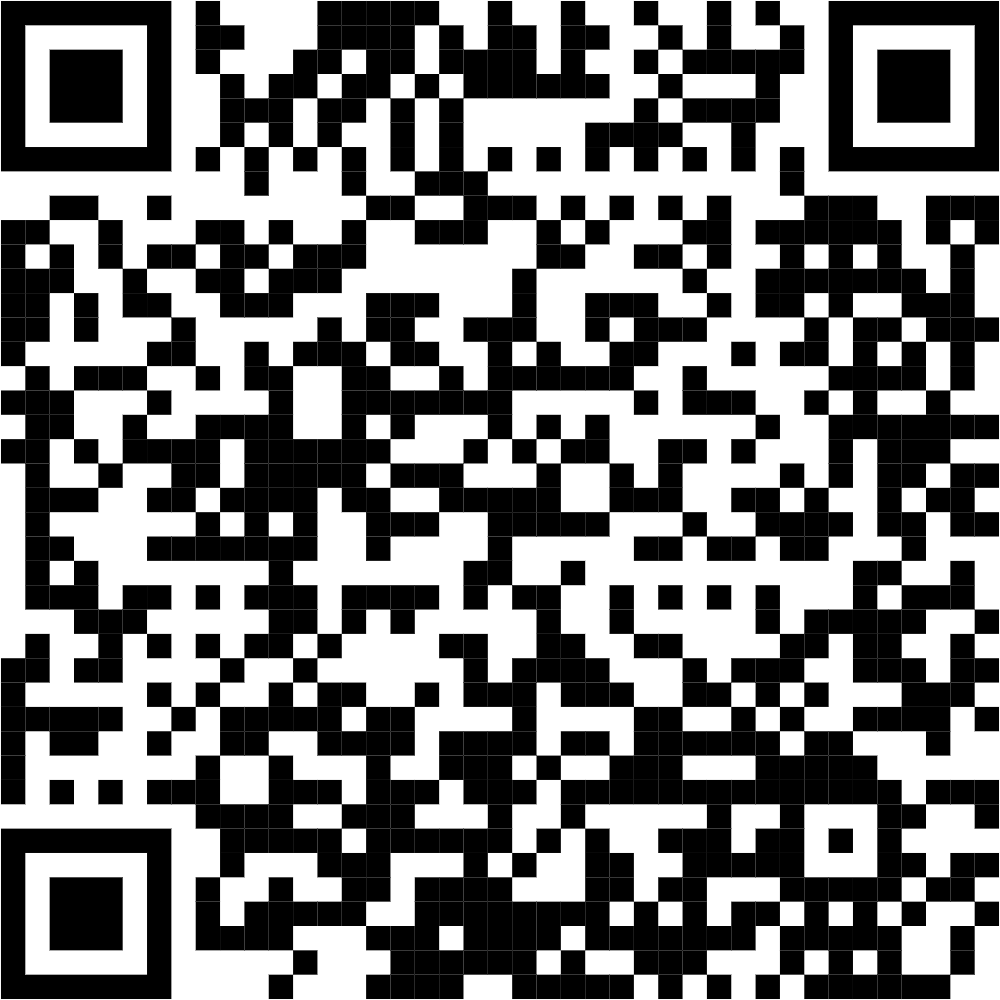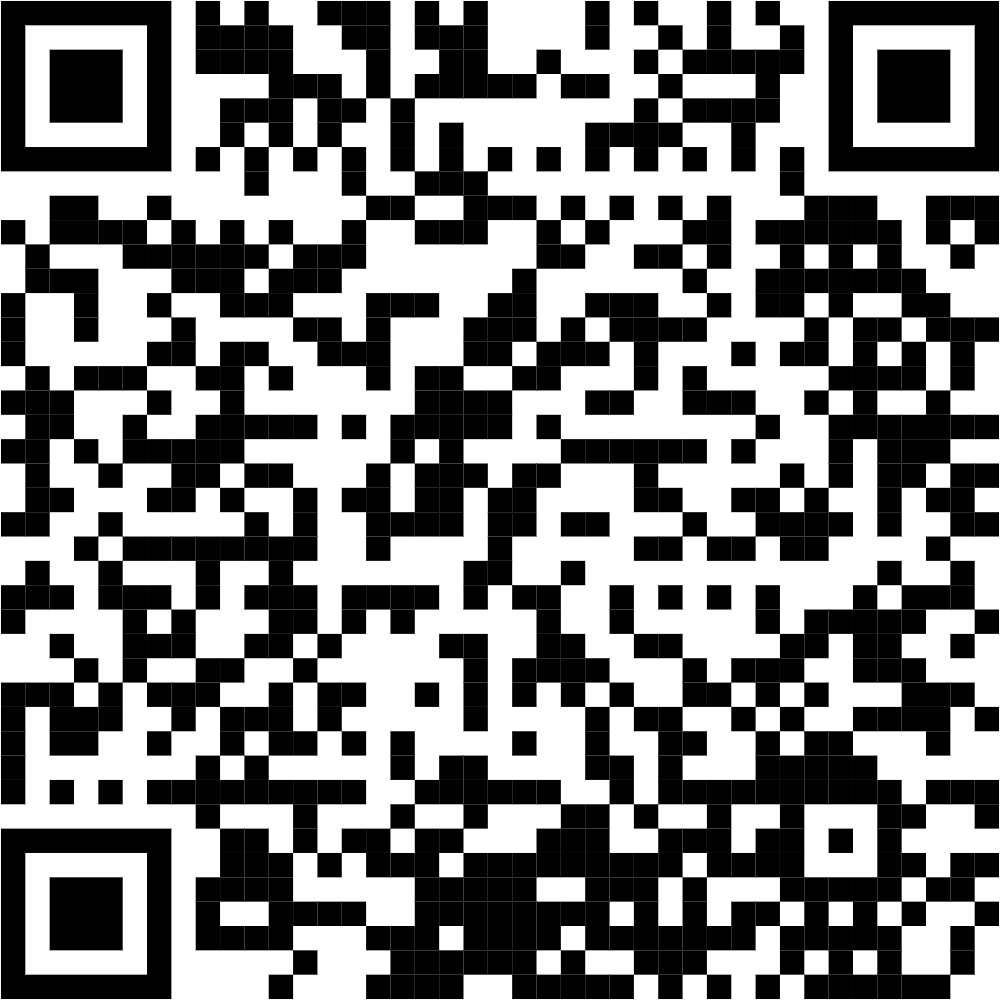PROGRAM EVALUATION OF IMPLEMENTATION OF TECHNOLOGY, INFORMATION AND COMMUNICATION (ICT)-BASED LEARNING SYSTEMS IN MANAGEMENT PERSPECTIVE
DOI:
https://doi.org/10.46961/jip.v9i1.269Keywords:
Program Evaluation, Learning, Information and Communication Technology, POAC, CIPP ModelAbstract
Information and Communication Technology (ICT) is currently one of the media in the learning process at various levels of education. Through ICT, the learning process in the classroom can be carried out properly, especially by educators (teachers) and students (students). Thus, ICT becomes the main tool for interacting learning regardless of space and time. Information technology-based learning information systems can present interesting and interactive learning models. In order for the application of learning information systems to give good results, optimization of the management function is needed in each stage of its development. The stages of the management function that are very familiar to stakeholders in the education sector consist of: Planning, Organizing, Actuating and Controlling (POAC). With this management function, the application of learning information systems will be built and implemented properly. To measure the success of the implementation of this system, an evaluation of this educational program is needed. One of the most frequently used program evaluation models is the program evaluation model, the program evaluation model developed by Stufflebeam (Stufflebeam's Model), also known as the CIPP Model. Madrasah Tsanawiyah (MTS) Mathlaul Anwar Lampung is one of the schools under the auspices of the Ministry of Religion which also uses information technology as a medium in learning. In its application, the management function becomes the basis for MTS Mathlaul Anwar in building an information technology-based learning system.
References
Ananda, R., Rafida, T., & Wijaya, C. (2017). Pengantar evaluasi program pendidikan.
Awaluddin, A., & Hendra, H. (2018). Fungsi manajemen dalam pengadaan infrastruktur pertanian masyarakat di desa watatu kecamatan banawa selatan kabupaten donggala. Publication, 2(1), 1-12.
Bhakti, Y. B. (2017). Evaluasi program model CIPP pada proses pembelajaran IPA. JIPFRI (Jurnal Inovasi Pendidikan Fisika Dan Riset Ilmiah), 1(2), 75-82.
Marlina, S. (2013). Pengembangan Perangkat Pembelajaran Sikap Sosial Multikultural Melalui Permainan Puzzle pada Pendidikan Anak Usia Dini Studi di Tk Mariana Padang. Pedagogi: Jurnal Ilmu Pendidikan, 13(1), 40-46.
Horwath, D., Yuan, W., Check, J. H., Summers-Chase, D., & Swenson, K. (2006). P-290. Fertility and Sterility, 86(3)
Mukhlisin. (2015). Sistem Informasi Manajemen Berbasis Teknologi Informasi dan Komunikasi Dalam Peningkatan Mutu Layanan Pendidikan dan Latihan Profesi Guru (PLPG), (Studi Kasus Pada MTsN 1, MTsN 2, MTs Pancasila di Lingkungan Kementrian Agama Kota Bengkulu (Pertama). Perpustakaan Pascasarjana Uninus, Bandung.
Musfiqon. (2012). Metodologi Penelitian Pendidikan. Jakarta: PT Prestasi Pustakaraya.
Nasution. (1992). Metode Penelitian Naturalistik Kualitatif. Bandung: Tarsito.
Sugiyono. (2011). Metode Penelitian Kuantitatif, Kualitatif dan R&D. Bandung: Alfabeta.
Supadi, S. (2017). Evaluasi Program Mutu Berbasis Sekolah (Mmbs) di SMA N 61 Unggulan Jakarta Timur (Pendekatan Evaluasi Berdasarkan Model Cipp). Perspektif Ilmu Pendidikan, 31(2), 82-88.
Wijaya, C., & Rifa'i, M. (2016). Dasar-dasar manajemen: mengoptimalkan pengelolaan organisasi secara efektif dan efisien.
Wijayanti, N. I., Yulianti, R., & Wijaya, B. (2019). Evaluasi Program Pendidikan Pemakai Dengan Model CIPP di Perpustakaan Fakultas Teknik UGM. Tik Ilmeu: Jurnal Ilmu Perpustakaan dan Informasi, 3(1), 37-66
Downloads
Published
How to Cite
Issue
Section
Citation Check
License
The Authors submitting a manuscript do so on the understanding that if accepted for publication, copyright of the article shall be assigned to Jurnal Ilmiah Publiprenuer and Politeknik Negeri Media Kreatif, Indonesia as the publisher of the journal.
Copyright encompasses exclusive rights to reproduce and deliver the article in all form and media, including reprints, photographs, microfilms, and any other similar reproductions, as well as translations. The reproduction of any part of this journal, its storage in databases and its transmission by any form or media, such as electronic, electrostatic and mechanical copies, photocopies, recordings, magnetic media, etc. will be allowed only with written permission from the Jurnal Ilmiah Publiprenuer and Politeknik Negeri Media Kreatif, Indonesia.
Jurnal Ilmiah Publiprenuer and Politeknik Negeri Media Kreatif, Indonesia. The Editorial Team makes every effort to ensure that no wrong or misleading data, opinions, or statements be published in the journal. In any way, the contents of the articles and advertisements published in the Jurnal Ilmiah Publiprenuer and Politeknik Negeri Media Kreatif are the sole and exclusive responsibility of their respective authors and advertisers.
Statement of Authenticity and Manuscript Copyright can be downloaded: here
After filling in the statement letter, please attach it as the supplementary file submission or send via e-mail: [email protected]











